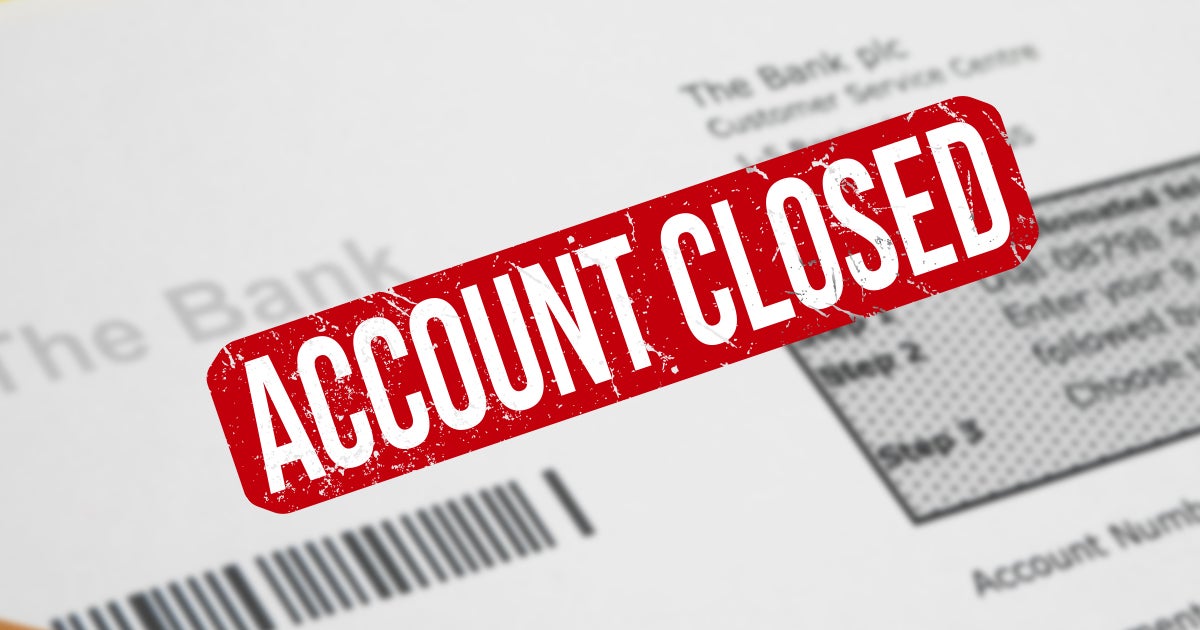
by Jorge Gomez • 4 min read
Cancel culture continues wreaking havoc on religious people in the marketplace. The most recent example? America’s banking industry. It appears that Bank of America closed some customers’ accounts based on their religious views.
Fox News reports that Indigenous Advanced Ministries (IAM) was warned by Bank of America earlier this year that the organization was “operating in a business type we have chosen not to service at Bank of America” and would be closed within 30 days.” Bank of America then sent another letter stating its “risk profile no longer aligns with the bank’s risk tolerance.”
Located in Memphis, IAM is a faith-based nonprofit that holds traditional biblical values. The ministry supports and partners with indigenous Christian ministries across the world so they can better spread the Gospel. A big part of their work includes supporting orphaned children in Uganda through various partnerships.
The organization filed a consumer complaint with the Tennessee Attorney General to determine whether their accounts were closed due to religious discrimination.
“I am concerned that Bank of America canceled our and our partners’ accounts because it disagrees with our religious views,” Indigenous Ministry Founder Steve Happ wrote in the complaint. He added that he was left “very confused” as the ministry does not “donate to or otherwise advocate for any political causes, domestic or international.”
This isn’t the first time a major financial institution has apparently ‘debanked’ customers for their faith.
First Liberty reported last fall that Chase Bank abruptly closed the bank account of the National Committee for Religious Freedom (NCRF), a faith-based nonprofit organization led by Sam Brownback, former U.S. Ambassador-At-Large for Religious Freedom.
NCRF’s stated mission is focused on “defending the right of everyone in America to live one’s faith freely.” The organization opened an account with Chase in April. Brownback wrote in an opinion piece published by The Washington Examiner that his organization initially had a “very positive” experience with the bank. Chase, however, informed NCRF that the bank would be closing the account less than three weeks after it was opened.
PayPal and its subsidiary Venmo have also been scrutinized for canceling accounts. Fox Business reported that Gays Against Groomers, an organization opposing the growing movement sexualizing children, had its accounts shut down. The payment processing company also shut down accounts of groups advocating for free expression and those of a media outlet that expressed its opinions about the origins and spread of COVID-19.
Cancel culture isn’t just spreading among private employers. It has also perverted many of our governmental institutions. First Liberty successfully represented Christians Engaged, a non-profit that encourages praying for our nation and elected officials, voting and being civically active. But the IRS denied the organization’s tax-exempt status. In a bizarre letter, the IRS shockingly claimed “Bible teachings are typically affiliated with the Republican party and candidates” and thus are considered partisan. First Liberty appealed to the IRS on behalf of the organization, and the IRS reversed course and granted the tax-exempt status.
Could pastors, houses of worship and individual religious Americans be “de-banked” next? We cannot ignore the dangers of the anti-religious hostility and cancel culture that pervade in corporate America. The consequences of this toxic ideology are severe. Anyone who doesn’t conform will be punished and ostracized, putting their careers, businesses and families at risk. It threatens to destroy the lives of Americans who dare to live according to their faith—by denying them something as basic and essential as a bank account.
Canceling religious Americans and organizations because of their beliefs is wrong. It makes a mockery of our laws and our nation’s founding values. When religious people are attacked and religious freedom is not upheld, all other civil liberties—including economic freedom—soon start crumbling down.